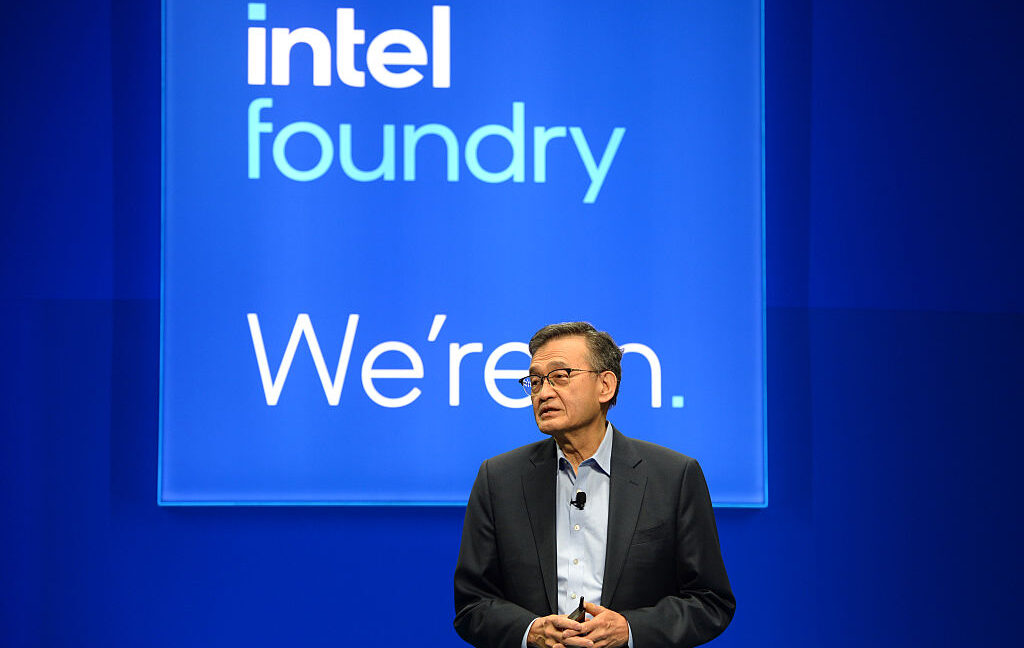President Trump Urges Intel CEO to Resign Over Alleged Conflicts

Former US President Donald Trump has publicly demanded the resignation of Intel's newly appointed CEO, Lip-Bu Tan. Trump's call came via a post on his Truth Social platform, where he described Tan's situation as "highly conflicted" and emphasized that "there is no other solution to this problem."
Although Trump did not elaborate on the specific nature of these conflicts, it followed a letter from Republican Senator Tom Cotton. The senator expressed concern over the security of Intel's operations and Tan's business associations with China. This includes Tan's history as an active investor in Chinese technology firms through his San Francisco-based and Hong Kong-based businesses.
Before joining Intel, Tan led Cadence Design Systems in California. The company admitted last week to breaching US export controls by selling chip design tools to a Chinese university closely linked to the military.
Intel and the White House have yet to respond to the comments made by Trump. However, the company’s shares declined by 3% in pre-market trading following the announcement. Tan took over as Intel's head in March after the company’s board replaced previous CEO Pat Gelsinger.
As the only US company currently able to produce advanced semiconductors, Intel has struggled to keep up with the booming demand for artificial intelligence chips. Being awarded billions in US government subsidies, Intel faces pressure under Tan’s leadership to secure significant external customers to continue developing cutting-edge technology. Without such partnerships, Tan warned that Intel could be outpaced by Taiwan Semiconductor Manufacturing Company.
Senator Cotton's letter addressed to Intel’s board chair emphasized the company’s responsibility to manage American taxpayer funds responsibly while adhering to security regulations. He questioned whether Tan’s affiliations could impact Intel’s compliance and fulfillment of these duties.
The unfolding situation places a spotlight on the complex interplay between technology, international business relations, and national security. Questions remain about how Intel will navigate these challenges under its current leadership.



